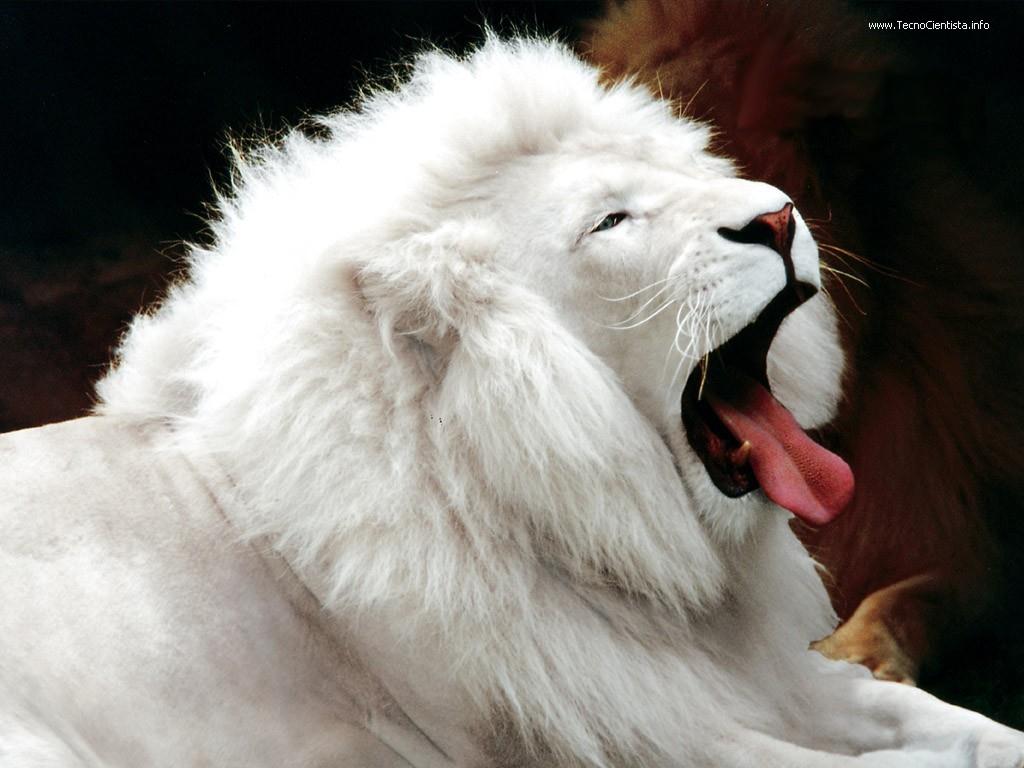
or Where are the philanthropists?
Oh dear, the more things change the more they stay the same. Plus ca change..
The hunting fraternity, feeling threatened by public disgust at their iniquitous bloodlust, have (predictably) responded with a slew of propaganda.
https://www.theguardian.com/environment/2021/jan/15/celebrity-power-undermining-global-conservation-efforts-scientists-warn-trophy-hunting-dispute
Cobbling together a motley gang of protagonists, including the ubiquitous compliant academics, we are regaled in a suspiciously well-publicised media piece, that hunting – ‘albeit repugnant to some’ - is the best way to preserve African wildlife.
Ho hum..and I suppose they’ll argue that whaling is the best way to protect whale populations?
In this media piece we see echoes of big Tobacco’s war on the truth to protect their obscene profits and their poisonous product. Remember all the highly qualified scientists who were happy to proclaim publicly that smoking was not harmful? That is until the whistleblower came forward and blew them away to crawl back under their flat academic stones. With no punishment for all the painful deaths from lung cancer that their lies had contributed to.
Ross Harvey of Conservation Action Trust has replied with a thoughtful and convincing rebuttal of the claims made by pro-hunting scientists in that media article. He suggests non-consumptive use (ecotourism if you like) as a viable ecological alternative to hunting. So it is, but that argument opens up a raft of counter-arguments postulating the ‘best use of marginal land’ and why ‘one size fits all’ solutions cannot work. (Unless the one size is hunting of course.)
Hunters operate their bloody, dusty, cruel and sadistic activities under the umbrella of the policy of sustainable use as adopted in the Convention on Biodiversity. But human nature being what it is we do not see sustainable use - only sustained abuse.
As a result of this toxic policy we all witness catastrophic declines in wildlife numbers in the few remaining wilderness areas. As well as the inevitable response to wiping out wildlife in the wild, which is to capture animals and breed hunting targets in captivity. The soldiers of fortune such as lion farmers claim to be conservationists but they are farmers, farming formerly wild animals as alternative domestic livestock.
Thus the direct result of the misguided policy of sustainable use is to wipe out wildlife in the wild and replace it with a poor substitute - domesticated alternative livestock.
It is grimly amusing to see eminent scientists try to deflect the focus away from hunting by pointing to habitat loss and poaching as the main drivers of extinction. As if this exonerates the hunting fraternity. But it doesn’t and the scientists are dishonest for trying to deflect the focus away from hunting when hunting clearly exacerbates all the other risks.
Arguing - as they do - that other factors like habitat loss are the real problem and therefore hunting is irrelevant is like arguing that whaling is irrelevant where there are other causes of die offs such as polluted oceans.
So how do we stop this remorseless drift to extinction and the relentless stranglehold of the hunting fraternity on our wilderness areas?
There is only one answer – money. And lots of it.
Money is the Supreme God in the human world regardless of what subsidiary religion people claim to worship. Just look at how many sacrifices people make every day of their lives to the Great God Money - working down mines, repetitive factory jobs, meaningless 9-to-5 treadmills etc
Let us see how our worship for the great God money can help us save the natural world.
Take Botswana, for example, which calls for tenders for concessions on vast tracts of pristine wilderness from time to time. Currently only the hunting industry can afford to tender for the control and management of those wild lands which are so deserving of protection for their own sakes.
But let us hope and pray and assume that we can find enough wealthy philanthropists to stand with us against extinction. Never before in human history has so much wealth - extreme wealth - been concentrated in so few hands. The surplus money is there - searching always for a good home. And what better home than to save Africa’s wild places?
Armed with billions from enlightened philanthropists, real conservationists could break out of the hunting mould, and outbid the hunters to take control of and protect the vast concession areas. The money would have to cover the ongoing management of the reserves, the employment of game guards, sinking of boreholes etc
The consequences would be revolutionary:
- the natural functioning ecosystems would be protected against human molestation
- the Botswana people would benefit from the greater employment of rural Africans
- the Botswana government would derive greater income from leasing out the concessions.
- Devoutly flattering the great God money in this way would change the whole conservation paradigm and stand it on its head. African governments would see wildlife and wilderness as priceless national assets to be preserved at all costs rather than as commodities to be exploited.
The great American poet HW Longfellow once bemoaned the absence of brilliant poets who would succeed him in firing people’s imaginations. “Where are the Admirals of the high seas of thought?” he asked near the end of his life.
In the same vein we ask extremely wealthy philanthropists:
“Where are the Admirals of the high seas of conservation?”
